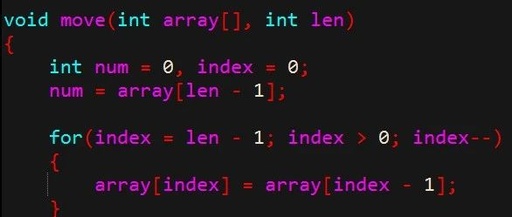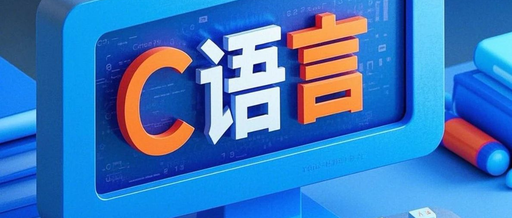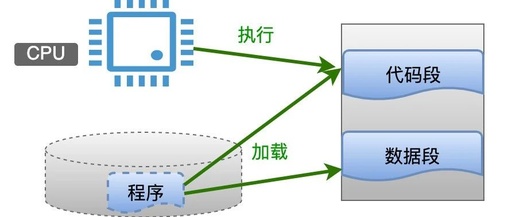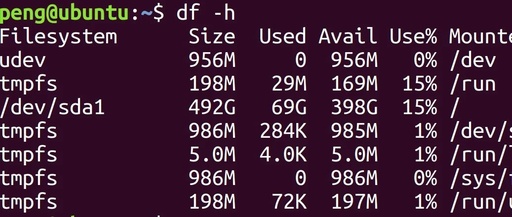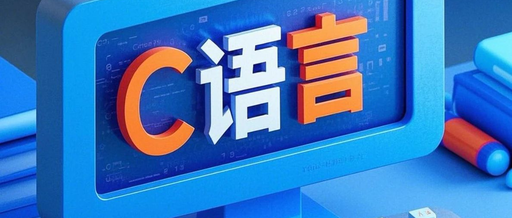Understanding Selection Statements in C Language
Today, let’s talk about the C language. When I first started learning, I was also confused, thinking it seemed simple, but I encountered various problems when using it. After years of trial and error, I would like to share some of my insights with you. Here are examples of using selection statements in C language: … Read more


